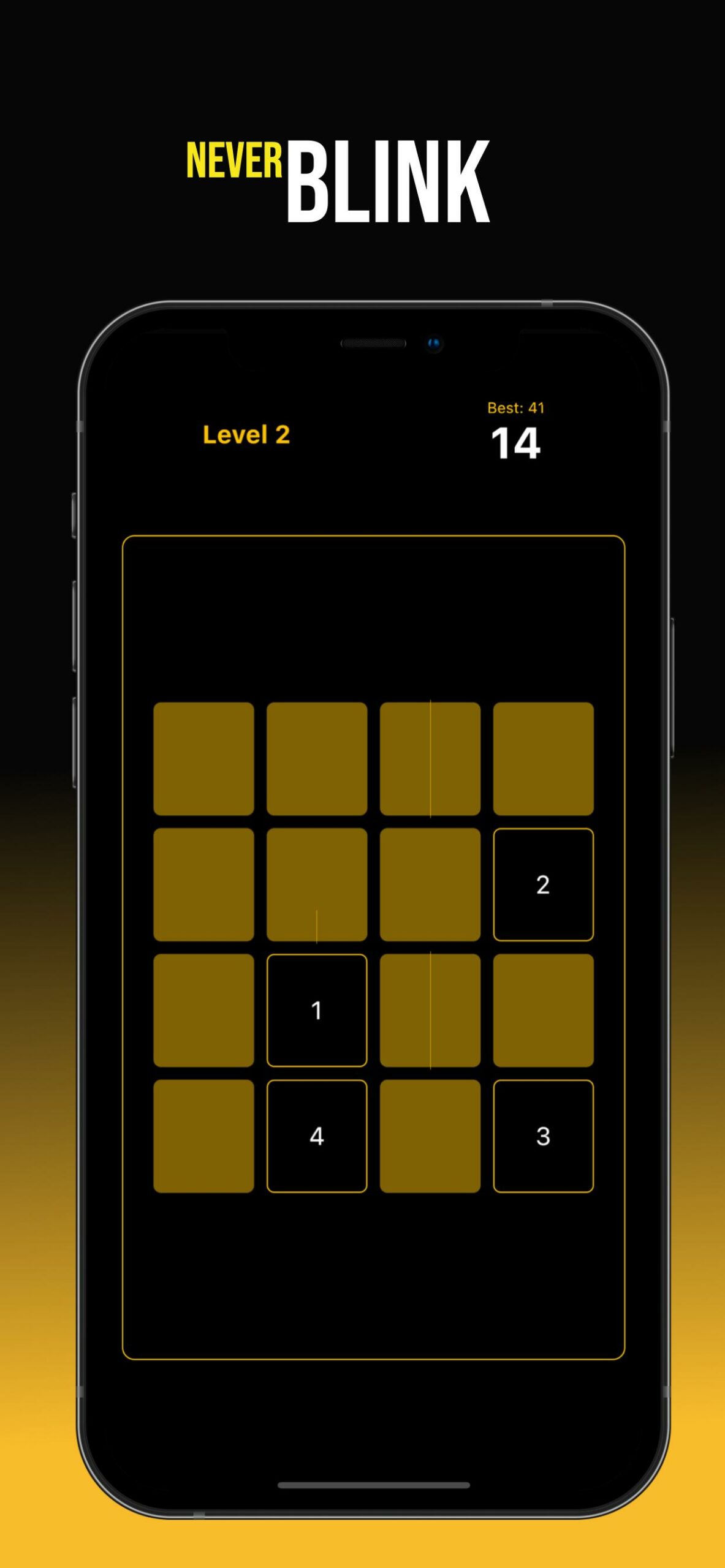Blink
About Blink
Test your memory
Do you ever find yourself forgetting things like where you left your keys or what you were supposed to buy at the grocery store? Don’t worry, you’re not alone. Memory is something that can be easily overlooked but plays a crucial role in our daily lives. Fortunately, there are ways to improve and test your memory. In this article, we will explore different techniques and strategies to help you assess the strength of your memory and boost its performance. So, are you ready to put your memory to the test?
Why is memory important?
Memory is not just about remembering where you put your car keys or what you had for breakfast. It is a fundamental cognitive function that impacts various aspects of our lives. From learning new skills to recalling important information, a good memory is essential for success in both personal and professional spheres.
Think of your memory as a mental filing cabinet. It helps you retrieve and store information that you’ve encountered throughout your life. Without a properly functioning memory, you would struggle to learn, make decisions, and even maintain relationships. That’s why it’s important to understand and improve your memory.
What factors affect memory?
Before we dive into testing and improving your memory, it’s important to understand the factors that can influence its performance. Here are a few key factors that can impact your memory:
1. Age: As we age, our memory tends to decline. However, it’s important to note that memory loss is not an inevitable part of aging and can be mitigated through various techniques.
2. Sleep: Lack of quality sleep can impair memory consolidation, making it difficult to retain and recall information.
3. Stress: High levels of stress can negatively impact memory and cognitive function. Finding effective stress management techniques can help improve your memory.
4. Nutrition: A healthy diet rich in vitamins and minerals is crucial for optimal brain function and memory.
5. Physical exercise: Regular physical exercise has been shown to enhance memory and cognitive abilities.
Now that we have a better understanding of the factors that affect memory, let’s move on to testing your memory.
How can you test your memory?
Testing your memory can be both fun and informative. It allows you to assess the strengths and weaknesses of your memory and identify areas for improvement. Here are some simple memory tests you can try:
1. Remember a list: Create a list of random items, such as grocery items or things to pack for a trip. Take a few minutes to memorize the list and then try to recall as many items as possible. Repeat this exercise with different lists to challenge your memory.
2. Word association: Pick a random word and try to come up with as many related words as possible within a specific time limit. This exercise helps test your ability to recall information and make connections.
3. Memory games: Play memory-enhancing games like Sudoku or crossword puzzles. These games challenge your memory and improve your cognitive abilities.
4. Remembering numbers: Test your ability to remember numbers by memorizing and recalling phone numbers, credit card numbers, or even historical dates.
5. Faces and names: Challenge yourself to remember the names of people you meet. Create associations or mental images to help cement the names in your memory.
How to improve your memory?
Now that you’ve tested your memory, it’s time to explore strategies to improve it. Here are some proven techniques:
1. Stay organized: Keep a daily planner or use digital tools to help you remember important tasks, appointments, and deadlines.
2. Practice mindfulness: Mindfulness exercises can help improve your focus and attention, which in turn enhances your memory.
3. Get enough sleep: Prioritize quality sleep to allow your brain to consolidate memories and recharge.
4. Exercise regularly: Physical exercise promotes blood flow to the brain and stimulates the growth of new brain cells, which can enhance memory.
5. Eat a brain-healthy diet: Include foods rich in omega-3 fatty acids, antioxidants, and vitamins to support brain health.
6. Break information into chunks: When trying to remember larger amounts of information, break it down into smaller, manageable chunks. This technique is known as chunking and can make information easier to recall.
7. Use mnemonic devices: Mnemonic devices, such as acronyms or visualization techniques, can help you remember information more effectively.
8. Stay mentally active: Engage in activities that challenge your brain, such as puzzles, reading, or learning a new skill. This stimulates neural connections and improves memory.
Remember, improving your memory is a gradual process that requires consistent effort and practice. By incorporating these techniques into your daily routine, you can enhance your memory and overall cognitive function.
The bottom line
Memory is a vital aspect of our lives, influencing our ability to learn, communicate, and navigate the world around us. By understanding the factors that affect memory, testing your memory, and implementing memory-enhancing strategies, you can improve your memory and enjoy the benefits of a sharper mind. So, why not start testing your memory today and embark on a journey of continuous improvement?

